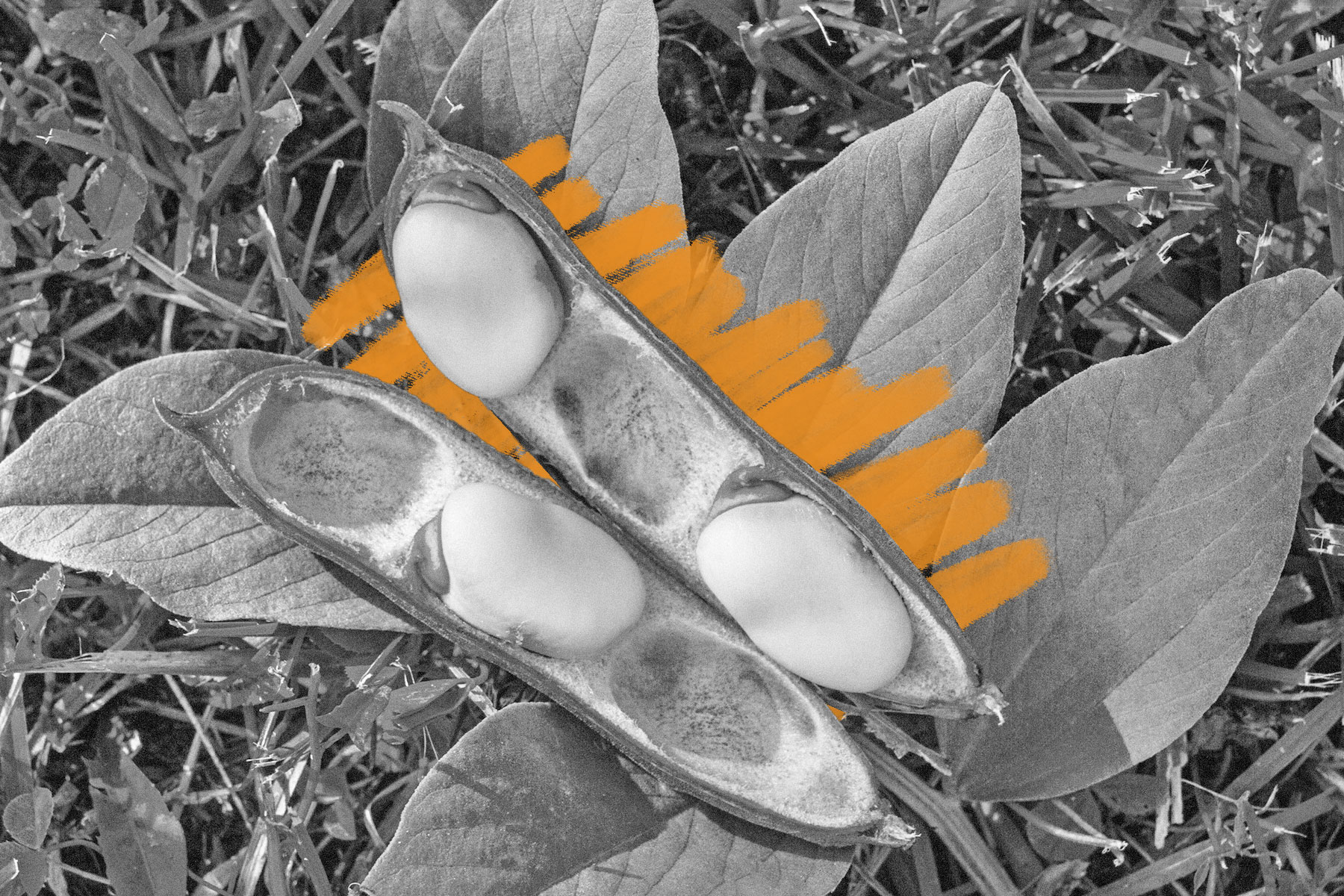The Greek philosopher Pythagoras was terrified of beans.
Pythagoras, the namesake of the Pythagorean theorem, was a highly influential early Greek philosopher, and a major inspiration for the likes of Aristotle and Plato. He was also a notorious hater of beans — specifically fava beans, also known as broad beans — and he strictly forbade his followers, the Pythagoreans, from coming into contact with them. Legend has it that a group of Pythagoreans (or in some versions, Pythagoras himself) was running from an enemy when they came upon a blooming fava field. Rather than step foot into the stalks, they turned to face their attackers. Most of them were killed.
Pythagoras didn’t leave any known, verifiable writing behind, and his followers were famously tight-lipped, so it can be difficult to know exactly why he hated these legumes. But according to works published after his death by Aristotle and others, there were several possible reasons. One was the bean’s supposed similarity to genitalia; according to his biographers, the philosopher associated beans closely with reproduction and the human soul. The fourth-century BCE philosopher Heraclides Ponticus quoted Pythagoras as saying, “Eating beans and eating the head of one’s parents are the same thing.” And Aristotle quoted him as saying that fava plants “are like the gates of Hades,” possibly related to the belief that souls literally emerged from the underworld through bean blossoms. The philosopher reportedly found the flatulence they caused distracting, too.
To be fair to Pythagoras, there may have been a very good reason to eschew beans. Eating raw fava beans or coming close to a blooming fava plant can cause severe illness and even death in a small number of people with a specific genetic disorder called favism. Scientists traced a type of this condition to the Mediterranean, which would include ancient Greece and other societies that approached the fava bean with caution, including Rome and Egypt.







